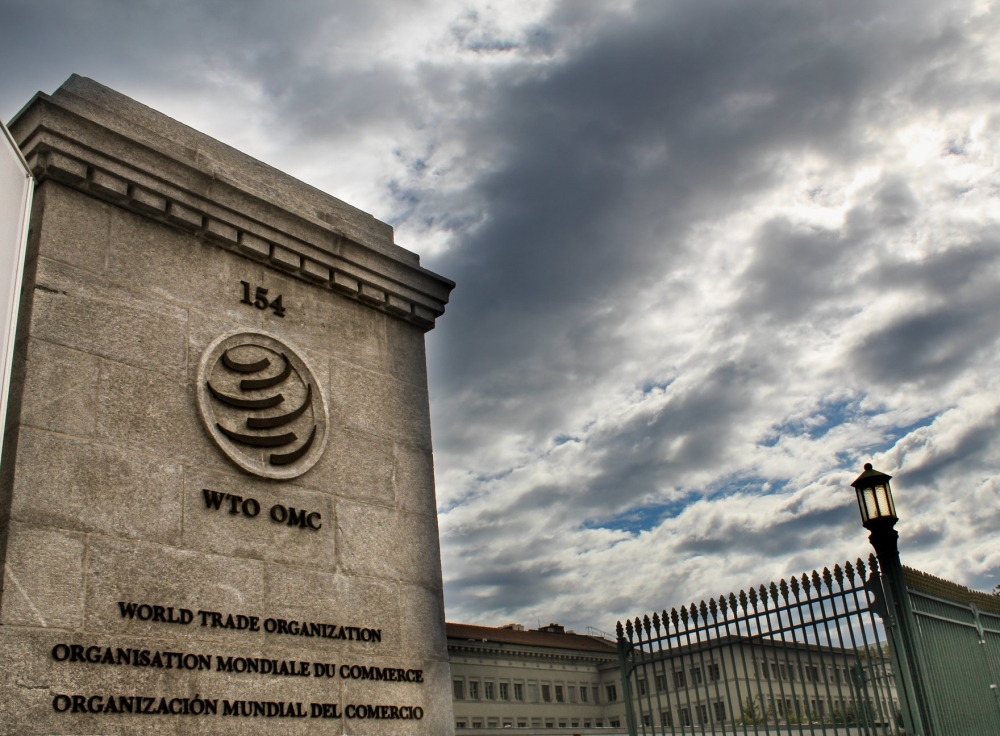US pulls out of international efforts to create global data flow rules
13 Dec 2023

The United States has pulled out of WTO efforts to create international rules for the free flow of data.
Over a number of years, the Data and Marketing Association (DMA)—along with our European sister organisation FEDMA and the global body GDMA—has promoted the free flow of data between international jurisdictions. In 2020, GDMA established a set of Global Privacy Principles aimed at helping international bodies find common ground.
The decision on whether it is a positive thing, or not, to create bilateral or multilateral data agreements depends on the quality of data privacy protections and their regulation.
This was the basis of the UK-EU adequacy agreement to which the DMA, FEDMA and member organisations contributed hugely.
There appeared to be a steady tide of agreement on what standards in data privacy would look like for international trade. Or, at least, there was a growing understanding that conforming to common international standards would become increasingly advantageous.
To a great extent—though with a notable China-shaped exception—economies have begun to coalesce around principles similar to European data protection regulations. Put simply, this is because they were among the first to create such risk-based regulation and Europe is the world’s largest single market. Beyond the EU, a plethora of other data privacy regimes emerged, as has the need to find commonalities to facilitate cross-border data flows.
In recognition of this, in 2020, GDMA established ‘Global Privacy Principles’, which identified the concepts and components common and beneficial to data protection regimes the world over. Consistency of principles provides the basis for common standards despite widely varying legal heritage across the globe
This was a hugely positive step at the industry level. But to make a global impact, efforts needed to be made global fora—such as the World Trade Organisation (WTO)—to proliferate international norms.
At the WTO, cogs have been turning and moving in a broadly positive direction. While no shoo-in, a general understanding and agreement on international standards for the free flow of data was manifesting.
That is, until October, when the USA’s Office of the US Trade Representative (USTR) to the WTO issued the statement:
“In order to provide enough policy space for those debates to unfold, the United States has removed its support for proposals that might prejudice or hinder those domestic policy considerations.”
This was a vault-face on the USA’s previously open approach to digital trade and the free flow of data, and brings it into line with the more protectionist policies it has adopted for the trade of products and goods.
In the short term, there is now effectively a pause in progress towards WTO-generated international free-flow of data agreements.
The long-term outcomes are yet to be determined. Depending on the makeup of Congress following the elections next year, the ‘policy space’ created may provide the nexus for a stronger consensus on data protection legislation to be more open to international data flows… Or it may well reaffirm the more protectionist approach.
Either way, it will be a defining moment for the future of the free flow of data across the globe.
DMA CEO Chris Combemale said:
“This is a blow—though hopefully only a temporary one—for the expansion of digital integration and trade. Countries, multilateral organisations, and industry bodies the world over have been working to facilitate global commerce in a way that is responsive to privacy concerns and encourages innovation.
“The GDMA’s ‘Global Privacy Principles’ have been instrumental in identifying what is needed for industry and governments to take positive steps towards better protections and connections between nations.

Please login to comment.
Comments